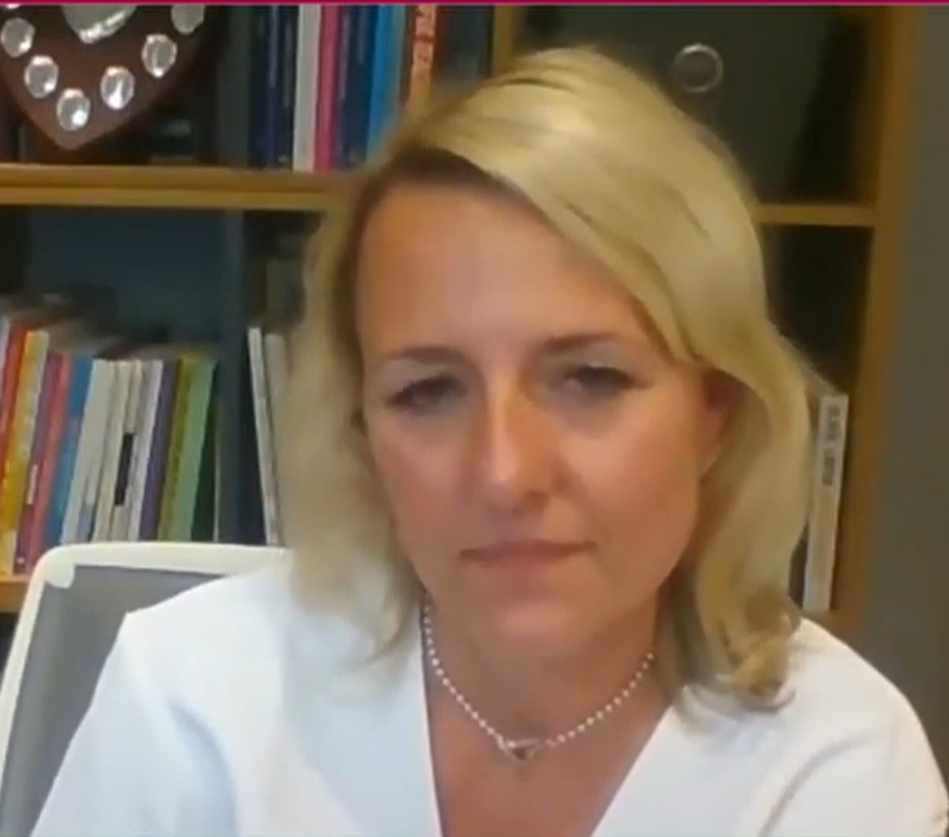Table of Contents
In this episode of Mind the Gap, Tom, and Emma are joined by Hywel Roberts, an author, educator, storyteller, and humorist. Together, they share insights on creating a thriving learning environment in the classroom. The conversation highlights the significance of enthusiasm, engagement, imagination, storytelling, and agile education in making complex ideas more understandable and engaging for students.
The Power of Imagination
The group discussed the decline of “professional imagination” over the past decade. Tom proposed using a more creative teaching style, like painting a visual image for students and using the phrase “let’s say” instead of “let’s imagine” or “let’s pretend.” Tom believes that big tech has caused a devaluing of the power of imagination in education. He suggested that teachers should be agile in their pedagogical choices and use a variety of approaches. Hywel agrees that there has been a devaluing of the power of imagination in education.
Are you looking for ways to make your teaching more engaging and imaginative?”
During this discussion, Hywel delves into the idea behind his book Botheredness and its relevance to individual students, emphasizing the importance of encouraging them to take an interest in their studies. He suggests that teachers should actively engage with their school community and make an effort to build strong relationships with their students. Roberts adds to the conversation by explaining how he came up with the concept of “botheredness” while working in a challenging school environment and striving to enhance the quality of education and curriculum.
Understanding the World Through Storytelling
Hywel expressed his admiration for Tom’s zeal and enthusiasm and proposed that teachers should work together as a unit to achieve their objectives. He placed great emphasis on the significance of storytelling and how it can aid in the comprehension of complex concepts. Hywel opined that stories are an effective tool for imparting knowledge and instilling moral values in students.
Imagination and Knowledge
In the field of teaching, imagination, and knowledge are crucial. Educators can captivate their students’ attention through creative teaching methods and impart lasting lessons. The “people, place, problem” framework helps craft compelling narratives that enable students to comprehend the world around them. For instance, when discussing the achievements of Frost, a Welsh inventor who piloted an aircraft in 1896, teachers can spark their students’ curiosity and enthusiasm for learning. Finally, by using the example of an abandoned factory scenario, teachers can create an engaging environment to help students understand the importance of being a good person.
Teachers can create an engaging and memorable learning experience for their students by utilizing their imagination and knowledge in teaching. Consider implementing the tips above to make your teaching more imaginative and engaging.
Watch more episodes of Mind The Gap to learn about making education work globally.









